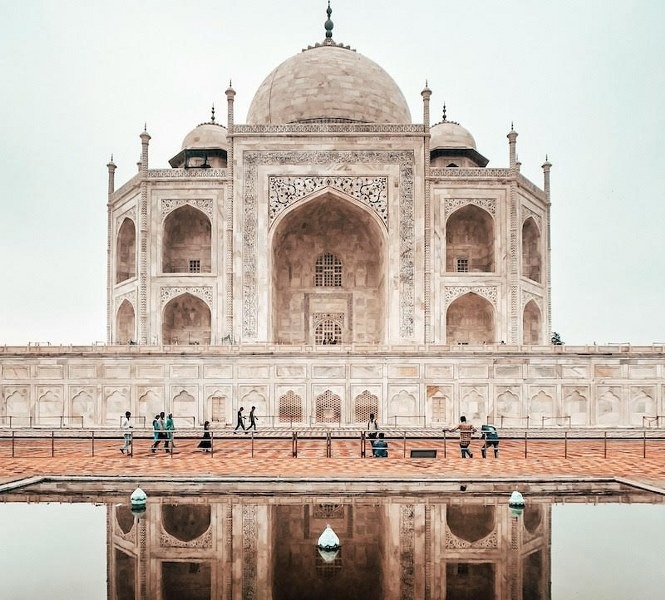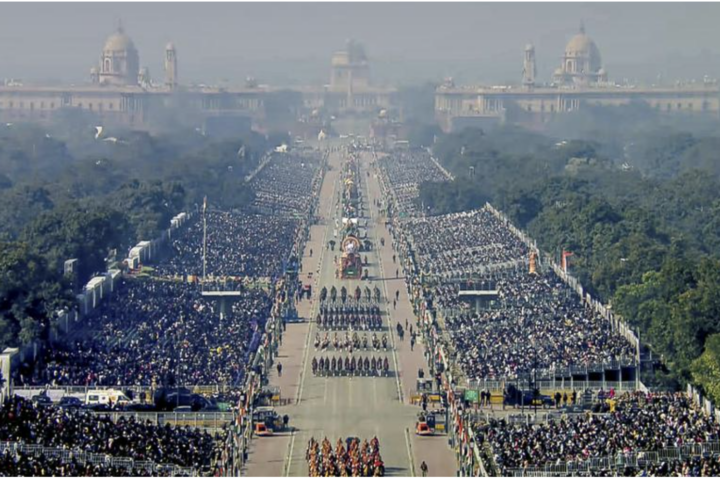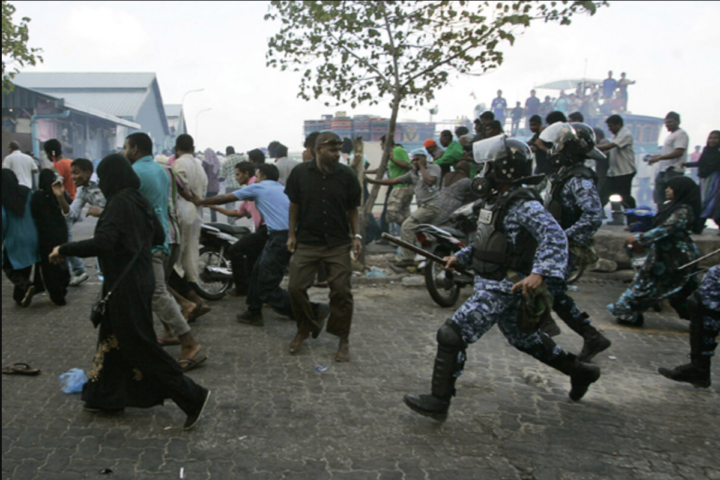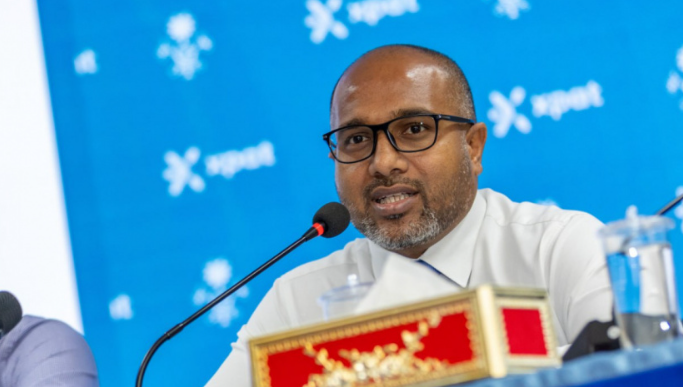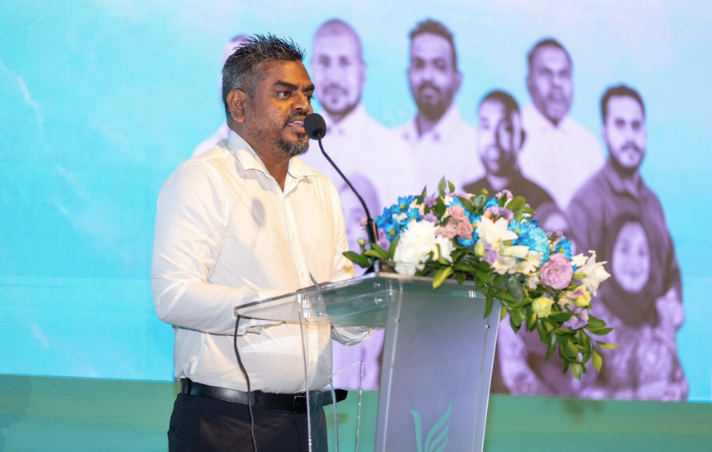WASHINGTON, — In its latest annual report on international religious freedom, the United States has criticized India for failing to protect religious minorities and address hate crimes, marking a significant point of contention between the two democracies. The report highlights issues in India, drawing a swift rebuttal from Indian officials who dismissed the findings as “deeply biased” and lacking an understanding of the country’s social fabric. This exchange invites a broader discussion on religious freedoms worldwide, including within the U.S. itself.
Secretary of State Antony Blinken presented the 2023 International Religious Freedom report, expressing concerns over increasing anti-conversion laws, hate speech, and demolitions targeting minority religious communities in India. “In India, we see a concerning increase in anti-conversion laws, hate speech, and demolitions of homes and places of worship of members of minority faith communities,” Blinken stated.
Rashad Hussain, the U.S. ambassador-at-large for international religious freedom, criticized the role of local authorities in India, noting, “Christian communities reported that local police aided mobs that disrupted worship services over accusations of conversion activities or stood by while mobs attacked them and then arrested the victims on conversion charges.”
India’s government, led by Prime Minister Narendra Modi, swiftly rejected the report as biased and uninformed. Randhir Jaiswal, spokesperson for India’s external affairs ministry, described the findings as “deeply biased” and driven by “vote bank considerations.” Jaiswal emphasized that the report lacked an understanding of India’s social fabric and relied on selective facts to advance a preconceived narrative.
The U.S. State Department’s report is part of an annual exercise that assesses the status of religious freedom in countries around the world. However, the document itself is not without controversy. Observers have frequently critiqued these reports for omissions, errors, and perceived biases, often reflecting a broader debate on the interpretation of religious freedom within the context of universal human rights and idealized religious pluralism.
The timing of this criticism, aimed at a strategic partner like India, is particularly noteworthy as President Joe Biden approaches the end of his term. The current administration has been vocal about restoring America’s moral standing on the global stage, a promise made during Biden’s 2020 campaign. This approach is seen as part of a broader strategy to reinforce America’s commitment to democracy and human rights.
However, the U.S. itself faces significant challenges in ensuring religious freedom domestically. The rise in hate crimes against Muslim communities, particularly Islamophobic incidents, highlights ongoing issues. Additionally, the treatment of asylum seekers and refugees, many of whom flee religious persecution, has drawn criticism for the harsh conditions they face upon arrival in the U.S.
Globally, religious freedom remains a contentious issue. China’s persecution of Uighur Muslims, sectarian violence in the Middle East, and rising nationalist sentiments in Europe all underscore the complexity of ensuring religious freedom worldwide. Human rights organizations argue that a consistent and unbiased approach is necessary to address these issues effectively.
The debate over religious freedom is further complicated by differing cultural and historical contexts. India, for instance, has a long tradition of religious tolerance, with its blended practices often cited as a model of harmonious pluralism. However, critics argue that Western notions of secularism and religious freedom do not always align with the realities on the ground in diverse societies like India.
